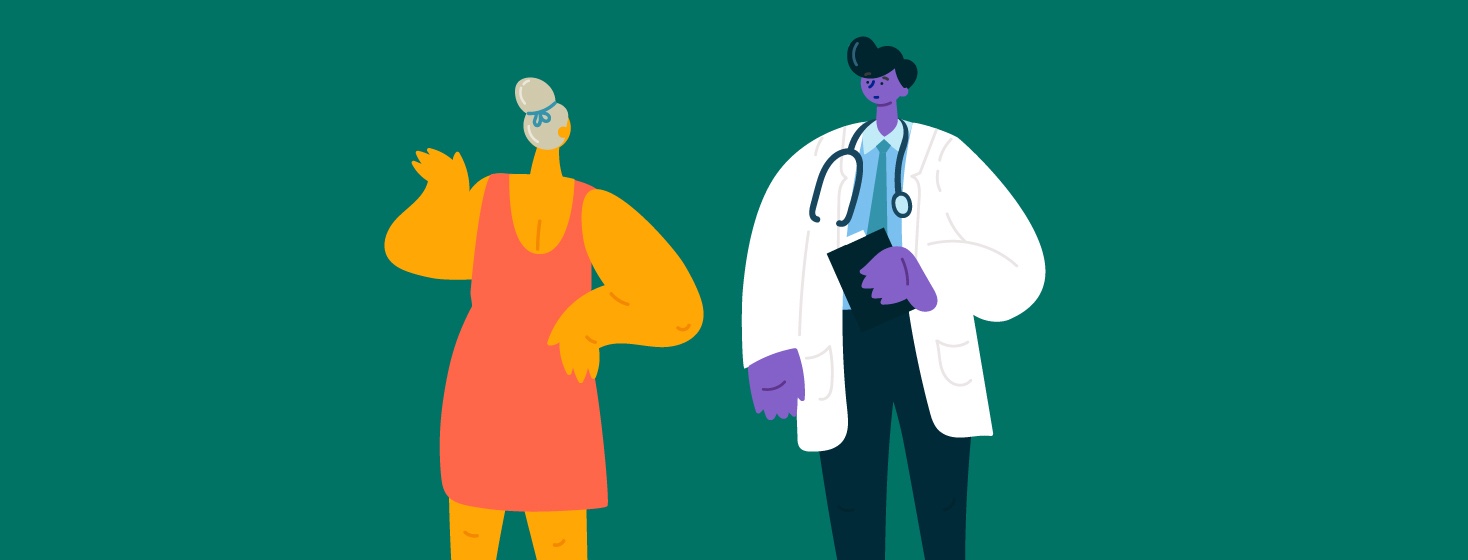Ways to Be Your Own Advocate
It is with great sadness that we inform you of the passing of Lisa Moran on June 6, 2023. As a cherished member of LungCancer.net and a source of inspiration, Lisa generously and bravely shared her journey, touching and inspiring many in our community. Her courage fuels our mission, and her legacy will endure in our work. Her absence will be deeply felt, and we extend our heartfelt condolences to all who held her dear. We consider it a privilege that Lisa allowed us into her life, leaving an indelible mark on our hearts and our community.
There is a huge difference between an educated cancer patient and one without as much information. It could mean the difference between tolerating treatment or living with unbearable side effects. The knowledge I gained after my lung cancer diagnosis saved me from an oncologist that was not a lung cancer specialist and a treatment my body just could not tolerate. For some, it could mean the difference between life or death.
Are there any options left?
Over the last few years, I've heard different cancer patients say they are out of treatment options. It makes me think about several things. First, I'm upset and concerned about that individual. Second, it makes me wonder if I'll ever be in that position. Then I wonder, are they one hundred percent sure there are no more treatment options? Do they know about Options A, B, and C? Did they consider a clinical trial?
Were those patients truly out of options or did they just not like the options they were aware of? It’s a situation like this that confirms you need to be your own advocate. Learn about your cancer. Take charge, get educated and stay up to date on research and developments about your particular disease and treatment options for your type of cancer.
Be a proactive advocate
It is always better to be proactive and ahead of the game as much as possible. Talk to your oncologist about options you have heard of or read about. Ask if certain treatments could be options for you. Continue to add tools to your toolbox throughout the treatment process. Communication with your treatment team is key. Make sure you are on the same page and focusing on the same treatment plan goals and outcomes.
The internet and social media make it easy to search keywords and to follow drug manufacturers, top research hospitals and cancer foundations for announcements on newly developed treatments and upcoming forums, conferences, and events available to the cancer community. Many events are available to medical professionals as well as cancer patients and survivors. Lung cancer foundations are an excellent source of information and support. Find and follow the foundations and organizations that advocate for your type of cancer.
Talk to others in this community
Peer support, online and in-person, is more than just having a shoulder to cry on when it is a bad day. It's an opportunity to follow other patient's treatment plans and to learn about possible future treatments for yourself. Through online peer cancer support groups, I've learned of new clinical trials and treatments and the pros and cons that go with each one. It's also a great source of information in any situation. When I'm struggling with a certain side effect I ask my peers if they have had the same and how they found relief.
I'm currently on the last FDA approved targeted therapy for my type of cancer. But because of the information I've received through my own research and other patient experiences, I know I'm nowhere near running out of treatment options. My oncologist and I have more tools in the toolbox.

Join the conversation